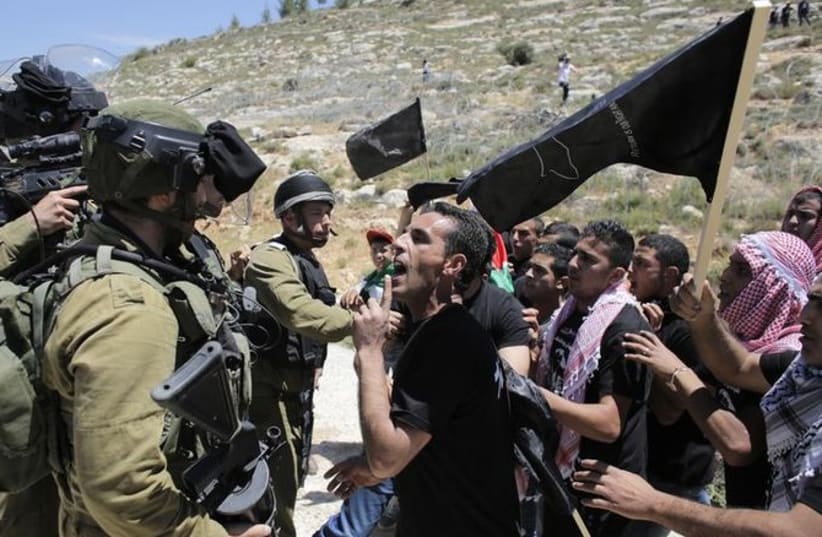A Related Video You May Like:
“Since the signing of the nuclear agreement, Iran has more boldly launched rockets and incited acts of terrorism,” Halevi said, adding that Tehran is “using Syria’s territory to operate against Israel, openly and completely against Syria’s interests.”He warned that while Israel was not interested in any conflict, especially on the northern front, there were two scenarios that could lead to an escalation in the coming year.The first main challenge has been the strengthening of Hezbollah in Lebanon, a situation that was the responsibility of the Lebanese government, Halevi said.“Israel has no belligerent intentions toward Lebanon; the gaps between us are small and can be bridged,” he said. “Lebanon must consider its economy, one of the largest in the region, and not Iran’s and Hezbollah’s interests.”The second scenario that could lead to an escalation, Halevi said, was the Iranian entrenchment in Syria – a redline for the Jewish state, which “has adopted a policy of non-interference” in the country’s eight-year-long civil war.“The policy proved to be very correct, and now Iran’s consolidation in Syria threatens to upset the balance,” he said.“This is perhaps the best opportunity since the signing of the agreement to put pressure on Iran to change its behavior, and the West understands that the potential for change has come,” Halevi said. “While not everyone agrees how correct it is, the more the world presents a unified position, the greater the chance of change.”Herb Keinon contributed to this report.
IDF intel head predicts Palestinian ‘explosion’ ahead of Independence Day
“The month of May, with the days of independence and nakba day, signals that a possible explosion is coming, driven on the Palestinian side by growing frustration and hopelessness.”
